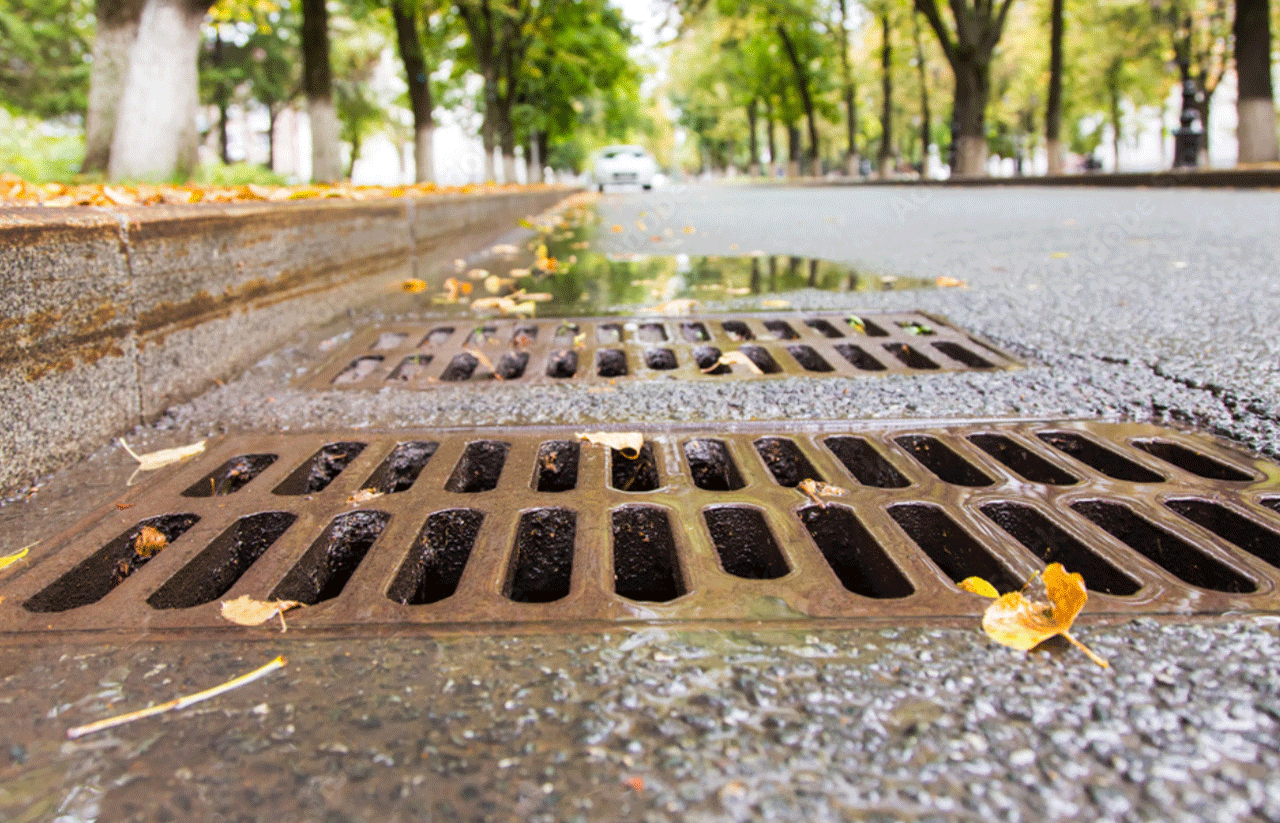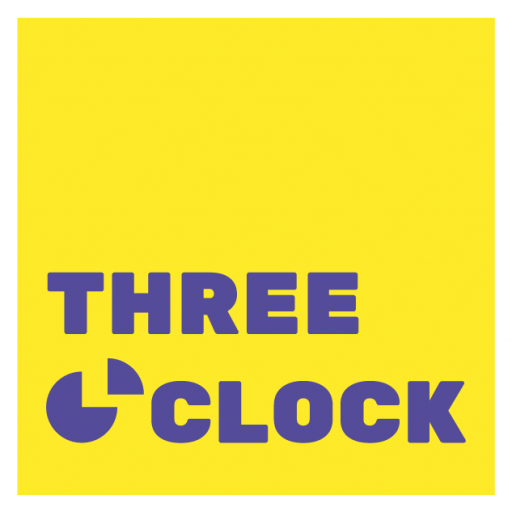Three o’clock turned two last March. That meant it was time for us to look back at our achievements, the work we delivered and where we want to go.
“Constantly think about how you could be doing things better and keep questioning yourself.”
Elon Musk
2020 and 2021 were exciting years, starting a new adventure, taking on inspiring projects and assignments, working with new clients and collaborating with new partners. That’s why Year 2 also meant it was time to revamp our website to reflect what we do best and focus on our mission, which is to bridge the gap between science, technology and people, by raising awareness and addressing real societal needs.
In 2022, we are kicking off 4 new European research and innovation projects, in which we will be applying participatory design approaches, bringing stakeholders, users and citizens into the creative process — to get to better solutions, with more impact.
New projects also means a bigger team. We are excited to welcome a new colleague in September and have one new job opening for a Social Media and Digital Content Editor
Here’s a snapshot of our new projects 👇
A more climate neutral and resilient society in Africa
The ONEPlanET project will develop a decision support tool and capacity building materials to help African Public Authorities and energy stakeholders to better understand the interactions between the energy, water, food Nexus sectors. ONEPlanET will empower local stakeholders to design green energy transition strategies in Africa and will deliver technical and policy recommendations to implement energy infrastructures and build a more climate neutral and resilient society in Africa.

An educational programme to support the energy transition
The RES4CITY project will aim to enhance the development of sustainable renewables and fuel technologies in cities by co-designing an innovative educational programme with stakeholders and promoting sustainability and circularity, filling the knowledge and skills gaps for a successful energy transition.
Better water management in urban areas
Polluted water runoffs are one of the greatest threats to public health and biodiversity. The D4RUNOFF project will investigate these events and their impact on urban water quality. It will develop novel detection methods and sensors to improve monitoring of water management systems. It will also design a multi-criteria methodology and an AI-based platform to support decision-making for water utilities, urban planners and policy-makers in the design of cost-effective mitigation solutions.







